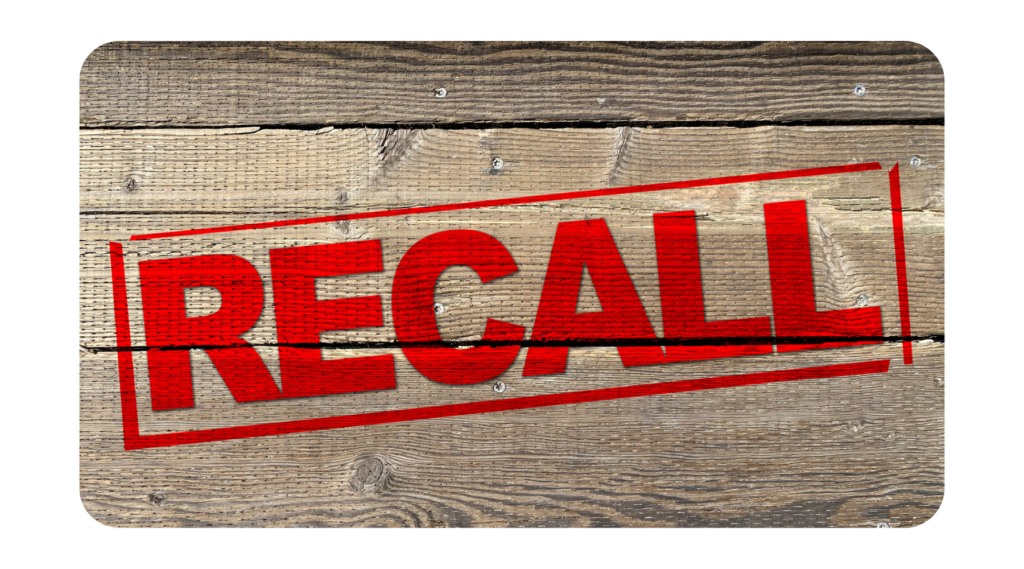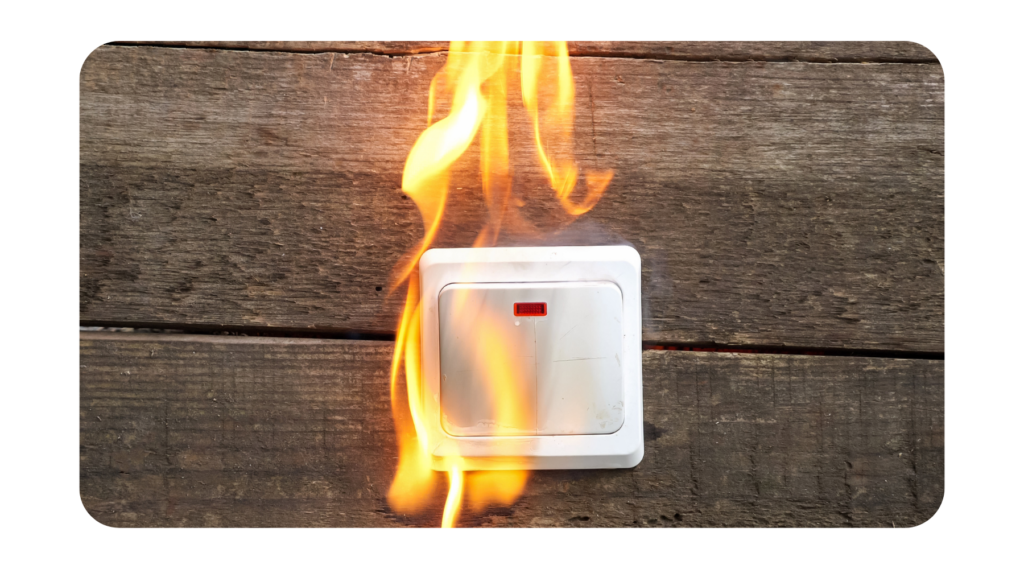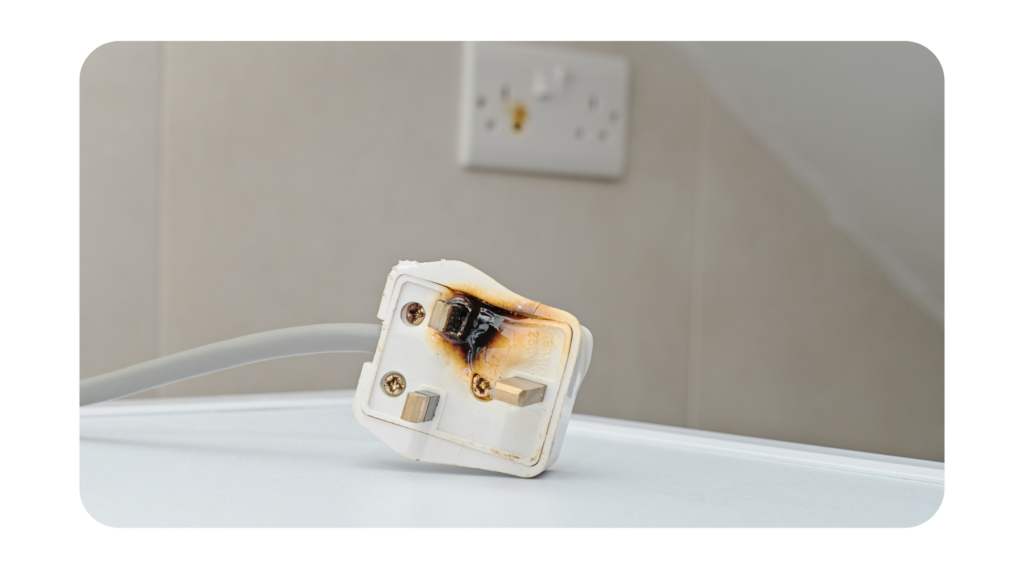Defective Products: Understanding Manufacturing Defects vs. Design Defects

Defective products fall under product liability, which is a body of tort law that imposes liability for any damage caused along the chain of manufacturing or distribution of any product. This chain could include – from the top – the manufacturer of component parts, the assembling manufacturer, the wholesaler, the distributor, and the retailer – the bottom of the chain. If a product has a fundamental defect that causes harm to a consumer or even someone who borrows or was gifted a product, any party in this chain could be subject to a product liability suit. Traditionally, product liability has referred to tangible objects, but it has been expanded to encompass intangible objects (e.g., gas), real estate, naturals (e.g., pets), and writings (e.g., navigational charts).
A product is considered defective if it poses an unreasonable risk to those who use the product as it is designed to be used, which is different from a product that is inherently dangerous (e.g., a chainsaw is not defective just because it could cause someone harm).
In 2021 alone, 11.7 million people visited emergency rooms for injuries sustained using consumer products. As a consumer, you have a right to assume the products you use or buy are designed, manufactured, and labeled correctly according to federal and/or state law. If a consumer is hurt or fatally wounded using a consumer product, they or their loved ones have a legal right to seek compensation. If you have experienced such an injury in California, our product liability lawyers in Marin County can sue for compensation and damages to ensure your future is protected.
Types of Defective Products & Injuries
Three areas of product defects may spur liability from manufacturers or suppliers:
Manufacturing Defects: A manufacturing defect is present during the manufacturing or production of a product, and, usually, only a few units or batches being manufactured are flawed. Examples of defective products include automobile seat belts that are missing critical components that prevent them from locking correctly or pharmaceuticals that are contaminated during production.
Design Defects: Design defects exist before a product is manufactured and arise from design flaws that make the product dangerous for consumers despite its serving its intended purpose. In the state of California, a defendant must justify the product’s design to show why there is no defect. Prominent examples include sport utility vehicles (SUVs) that are prone to rolling over due to their high centers of gravity or clothing dryers that get too hot and start fires.
Marketing or Labeling Defects: Marketing defect cases address deficiencies in directions/instructions or failures to warn consumers of any dangers a product may pose during its usage. Pharmaceuticals that don’t include proper warnings against drug interactions or power tools without safety instructions are common examples of marketing or labeling defects.
These three types of product defects may result in various injuries, including blindness/loss of vision, burns, choking, broken bones, head/brain injuries, organ damage, dental injuries, orthopedic injuries, allergic reactions, and even death.
Strict Liability

Strict liability is a theory of product liability that exposes a defendant to liability when the plaintiff proves a product is defective regardless of the defendant’s intent or if they exercised care in its manufacturing. A plaintiff must prove: 1) the product was defective in some way, 2) they used the product as it was intended or designed, and (3) they were harmed by the product defect.
The court may employ two tests to determine if the defendant is at fault. A consumer expectation test examines whether a reasonable consumer would find that the product does not meet minimum safety expectations when used in a reasonable manner. If the consumer does not find it defective, then the defendant would not be held liable, regardless if its usage resulted in injury. A risk-utility test analyzes if the evidence demonstrates the product’s benefit outweighs its potential risk.
Product Liability Claims for Defective Prodicts

In the state of California, there is generally a two-year statute of limitations to make a product liability claim. As many people may have been injured or mortally wounded by defective products, these cases may be resolved by class-action cases – many plaintiffs all suing in one case with select representatives – or multi-district litigation – similar cases consolidated under one judge for efficiency.
If you or a loved one were harmed in the process of using a consumer product, you may incur substantial medical costs or experience a loss of wages. LMS Law’s product liability lawyers can help you pursue compensation for damages, such as medical bills, lost wages, emotional distress, and pain and suffering. Suppose you have suffered the unimaginable loss of a family member as a result of a product defect. In that case, we can help you pursue a wrongful death claim, which will help you recover a loss of income, medical costs, funeral expenses, and the loss of your family member’s companionship.
How to Prepare for a Product Liability Claim
To get the best results working with our product liability attorneys, it is beneficial to gather the following details and evidence to support your claim:
- Photos of your injury
- Possession and preservation of the alleged defective product in the same condition as at the time of the accident
- Receipts or other proof of purchase
- Photos of the scene of the accident
- Any on-scene report made by the police or other officials regarding the injury
- Any medical reports, including doctor’s notes, regarding the extent of the injury and subsequent prescriptions prescribed
- Any medical bills, including receipts for paid prescriptions, whether paid by insurance, Medical, Medicare, or bills that remain unpaid
- Copies of paychecks or another form of salary verification before the accident for proof of loss of earnings
Another critical component to provide is whether you have health insurance, which will have a significant impact on the outcome of the case. Speaking with our experienced product liability lawyers at LMS Law will help you assess the potential damages for your case and pursue a fair settlement. We recommend you immediately cease any communication with the defendant once our expert counsel is acquired.
Are You a Victim of Defective Products?
The team at LMS Law is made up of top-rated personal injury lawyers for defective products causing burns, loss of vision, choking, and more. We provide free case reviews to help fight your battles so you can focus on healing. Call us today at (415) 400–7000 or reach out online to arrange this free consultation. We will meet you at your home or in the hospital if you are unable to come to us.
*The above is not meant to be legal advice, and every case is different. Feel free to reach out to us at LMS Law if you have any questions. Information contained in this content and website should not be relied on as legal advice. You should consult an attorney for advice on your specific situation.
Visiting this site or relying on information gleaned from the site does not create an attorney-client relationship. The content on this website is the property of LMS Law and may not be used without the written consent thereof.


